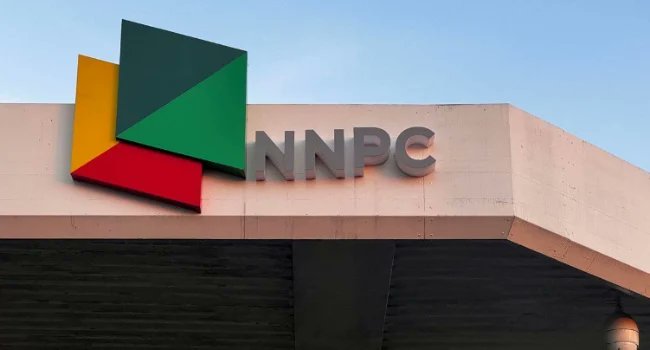It’s very clear that we are not in a crisis; we just have economic managers who are not truly interested in solving the problem.
I recently saw a report attributed to the Minister of State for Petroleum, stating that fuel prices should be dispensed at above N1,000 per litre. The main reason for this, according to the report, is the rising smuggling across borders due to the relative cheapness of our supplies.
This excuse is as old as Methuselah and has always been dismissed by Nigerians. Why must we pay more because of your inability to rein in your own security forces, who, according to you, are involved in the smuggling?
Sadly, this time around, I think they are just trying to give an already rogue dog a further bad name because this situation is far beyond the tankers being smuggled across the borders.
This problem started when the subsidy was removed, and now it has spiralled almost out of control. Since that day, fuel prices have moved from N179 to the N1,000 we are seeing today, carrying with it inflation that has hit the 40% mark, alongside the erosion of the Naira.
Let’s just say the economy has been hit by a tsunami, leaving the government with its hands on its head in fear. The only thing very certain about this government now is its ability to ramp up its expenditure despite all of this, in its strong belief that it can wrestle down discontent.
We are beginning to see pressure from authorities on civil society; labour is under siege, and journalists are now in danger. As the economy worsens, the crackdown on dissent will intensify as the government continues to grapple with an economy that is spiralling so fast down the drain that it’s scary.
Now, the main issue today is the pump price of fuel and NNPCL’s hypocrisy in handling the matter.
You claim to be whatever you have called yourself, and you have declared dividends. Yet, in the same breath, you used the dividends to clear the backlog, and now, after several denials, you admit to owing dealers over $6 billion in back payments?
You are the main cause of the problem. The confusion you have thrown into the space due to your opaque mode of operation and indecisiveness has unleashed a beehive filled with angry bees into the market.
I do not think you have the independence you need to operate as you want to be, and this is part of the problem. Your books are wonky, your decision-making is amateurish, and your outlook is bereft of the confidence the market needs to plan.
As for the government, it’s clear that it is not ready to do what needs to be done for the economy, as it is too neck-deep in overspending, unable to block leakages, and unwilling to engage meaningfully. Instead, it’s relying on its ability to hunker down and ride out public discontent.
This thing is simple. Reduce government spending by over 50% if possible, block leakages, and move savings towards a temporary subsidy regime to hold fuel prices and exchange rates steady for at least six months. This should allow for planning and the calming of nerves.
Next, renegotiate debts to allow for longer-tenured repayments to bring down debt servicing outflows, which could also be used to stabilize the markets. Instill a true reform package at NNPCL. If you want to commercialize it or privatize it, then do it. Sell it, raise funds, and use the money to buffer fuel prices and the exchange rate, so stability can return.
The confusion that is NNPCL is the major problem here, as decision-making will be quite cumbersome. One moment it is independent, the next moment the Minister is handing down directives.
The decision to hand over the Port Harcourt and Warri refineries to private interests is excellent if it actually happens, as it will allow for efficiency in the value chain—provided it’s not sold to the usual suspects.
Importation should be democratized and opened up, which will now push competition and eventually impact prices. In real terms, at the current exchange rates impacting the landing price, Nigerians will not see fuel at Jonathan-era price levels in their lifetimes again. This is why the government must temporarily move away from the free-market economics of the IMF and adopt a buffer-driven approach funded by less government spending and a critical fight against corruption.
The issue is that the allure of the sector is too strong for the government and its cronies to hands off. The government will have to ask itself a very critical question: Do we still need a Nigeria or not? If they still want Nigeria, then they should hands off.
What we need now is the sincerity of purpose from the government, a thorough sweep of management at NNPCL, and a robust and effective socio-welfare impact plan to support the vulnerable, who are growing in Malthusian proportions.
Thanks,
*Duke of Shomolu*
